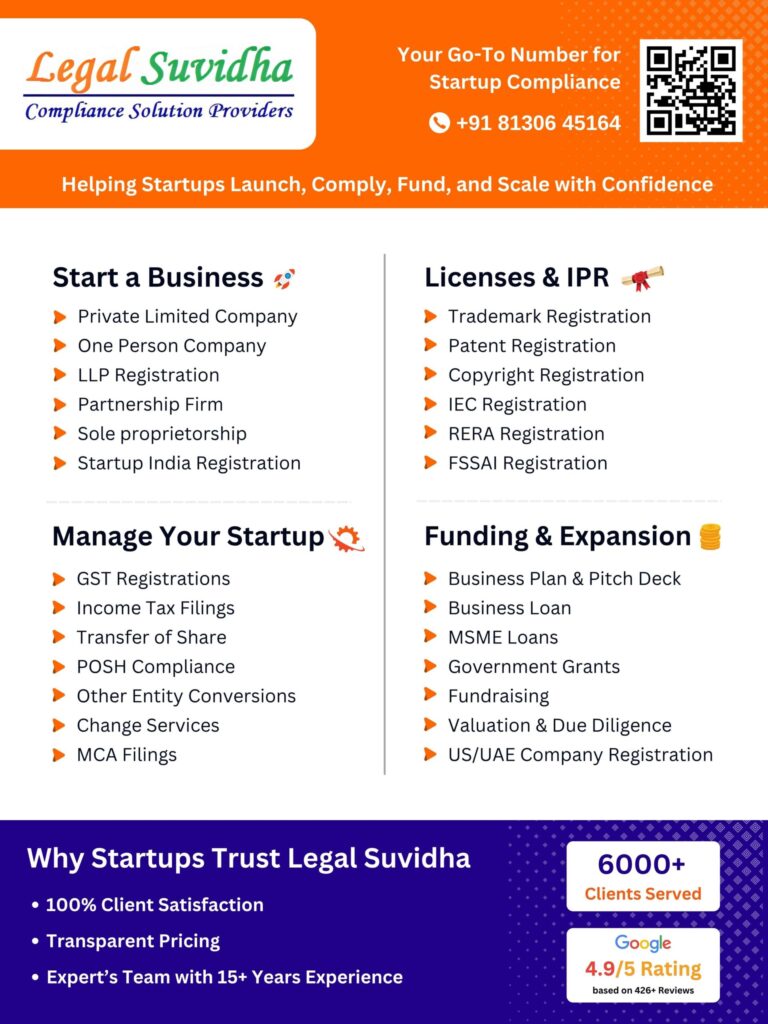Fundraising is often one of the biggest challenges in the first year of a startup’s journey. Securing the right kind of funding can propel your startup to the next level, but doing it the wrong way can lead to long-term struggles. As a new founder, it’s important to understand how to raise capital effectively and responsibly.
Here’s a guide to help you navigate the fundraising process in the first year, ensuring that you raise the right funds at the right time and under the best terms for your business.
1. Define Your Funding Needs
Why It Matters: Before you start reaching out to investors, you need a clear understanding of how much money you need and how it will be used.
What to Do:
- Break down your business’s funding requirements: product development, marketing, hiring, etc.
- Identify milestones and what each funding round should help you achieve.
Pro Tip: Create a simple financial model to determine your burn rate and runway. This will help you project how much money you need to reach specific milestones.
2. Understand Your Funding Options
Why It Matters: There are many ways to fund a startup, and each has its pros and cons. Understanding the options will help you choose the best one for your situation.
What to Do:
- Bootstrapping: Fund your business with your own savings or revenue. Ideal if you want to retain full control but may limit growth.
- Friends and Family: Small investments from people you know. Be cautious of mixing personal relationships with business.
- Angel Investors: High-net-worth individuals who provide funding in exchange for equity. They often bring valuable expertise.
- Venture Capitalists (VCs): Institutional investors who back high-growth businesses with the potential for big returns. Usually comes with more scrutiny and control.
Pro Tip: In your first year, angel investors and seed funds are often your best bet. Focus on finding investors who understand the startup ecosystem.
3. Build a Compelling Pitch
Why It Matters: A great pitch can make the difference between securing funding or being passed over. Your pitch should clearly communicate your startup’s value proposition, vision, and potential for growth.
What to Include:
- Problem Statement: What problem are you solving, and how significant is it?
- Solution: How does your product/service solve the problem? Why is it unique?
- Market Opportunity: Show there’s a large market for your product.
- Revenue Model: How will you make money?
- Traction: Any metrics that show your business is growing (users, sales, etc.)
- Team: Who’s behind the company? Why are you the right team to solve this problem?
Pro Tip: Keep your pitch concise and focused on the numbers and outcomes. Investors want to know about the potential return on their investment.
4. Network to Find Investors
Why It Matters: Investors won’t find you if you don’t put yourself out there. Networking is essential in connecting with the right people who can help you fund your vision.
What to Do:
- Attend startup events, pitch competitions, and networking meetups.
- Utilize LinkedIn to reach out to potential investors or people who can introduce you to them.
- Reach out to industry mentors and advisors for introductions to investors in your field.
Pro Tip: Build relationships before you need money. Many successful fundraising rounds come from people who know and trust you.
5. Negotiate Terms, Not Just Money
Why It Matters: The terms of the investment can significantly affect your company’s future. It’s not just about how much money you’re raising, but also the equity you’re giving away and the control you’re handing over.
What to Do:
- Understand how much equity you’re willing to give away for a specific amount of funding.
- Be aware of terms like valuation, liquidation preferences, board control, and vesting schedules.
- Seek legal counsel or an advisor to help you understand the terms.
Pro Tip: It’s better to take a slightly lower valuation than you want rather than giving away too much equity early on. The wrong investor can negatively impact your startup in the long run.
6. Build a Strong Financial Model
Why It Matters: Investors want to know that your business is financially sound. A solid financial model shows that you understand your numbers and can generate a return on investment.
What to Include:
- Profit and loss projections for the next 12-24 months.
- Cash flow projections to show how much money your business will burn through.
- Break-even analysis to determine when your business will start becoming profitable.
Pro Tip: Financial projections don’t need to be perfect, but they should be based on realistic assumptions and market data.
7. Close the Deal and Move Forward
Why It Matters: Once you’ve found the right investors and negotiated favorable terms, closing the deal is the next big step. At this point, your focus should be on executing your plans and making your investors proud.
What to Do:
- Sign the necessary agreements, such as shareholder agreements and investment contracts.
- Set up systems for regular updates with your investors (quarterly updates, board meetings, etc.)
Pro Tip: Keep your investors in the loop, but make sure you’re transparent and realistic about challenges along the way.
8. Post-Fundraising: Focus on Execution
Why It Matters: Fundraising is just the start. The real challenge begins after you’ve secured capital. Use the funds wisely to scale your business without losing sight of your long-term vision.
What to Do:
- Invest in product development, marketing, and team-building.
- Prioritize customer acquisition and retention.
- Stick to your financial projections and adjust them if needed.
Pro Tip: Your investors are your partners—work closely with them and lean on their expertise when you face challenges.
Why Work With Us?
We specialize in guiding startups through the fundraising process by providing:
- Investor Networking and Introductions
- Financial Modeling and Valuation Assistance
- Negotiation Support and Legal Advisory
Take the First Step Towards Raising Capital
Book a Free Fundraising Consultation
Call us at +91 81306 45164 to start your fundraising journey.
Final Thought:
Raising funds is a crucial part of scaling your startup, but it’s only one piece of the puzzle. With the right approach, the right investors, and strong execution, you can turn your vision into a thriving business. Let’s work together to secure the funds you need to make your startup a success.









